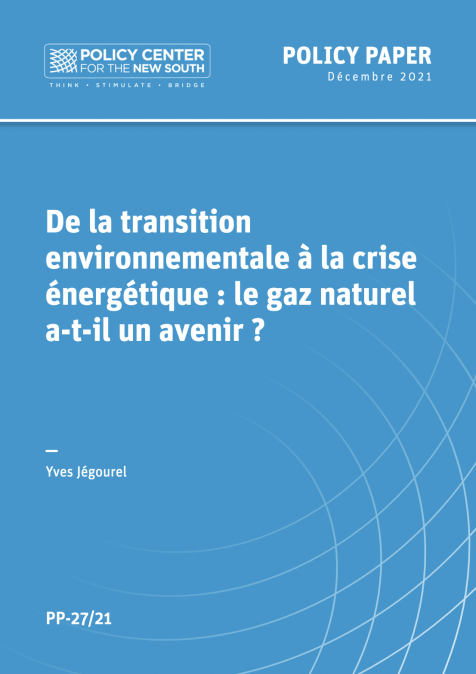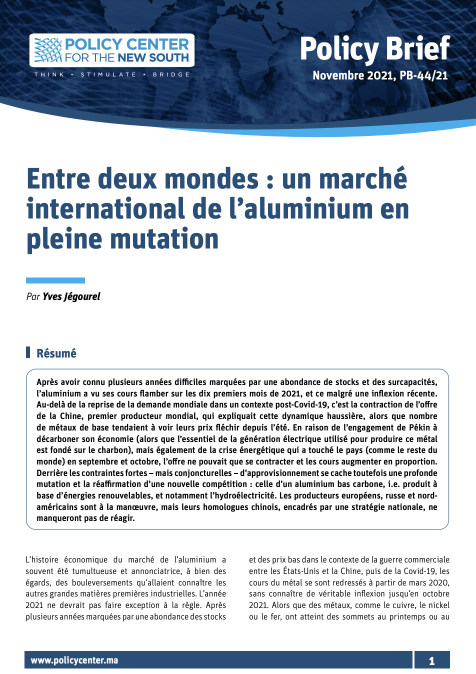Publications /
Book / Report
Under the general title of “The Mediterranean in a multipolar world up to 2030”, CIDOB, in partnership with the OCP Foundation in Rabat, is working on a three year research program (2010-2012) whose aim is to analyse how countries in the area might overcome their differences and imagine a common future. This publication is a result of the initial phase of the research, which focused on energy and regional integration in the Western Mediterranean. It includes 5 comprehensive papers written by analysts and authors who are well acquainted with energy issues and who have taken stock of the current state of play in the Western Mediterranean: the need for the region to reinvent itself energy-wise, the industrial potential of linking phosphates extraction in Morocco with gas supply from Algeria or the promising possibilities of solar energy, with a close look at a case study linking the latter with water desalination. With the aim of exploring future scenarios and bringing fresh ideas for action in the region, these background papers were circulated and discussed by the participants at a specialised seminar that was held in CIDOB’s headquarters in Barcelona, in early July 2010. As a conclusion, the publication proposes some concrete ideas to add to a faster growth in the Maghreb, drawn from the enriching discussions.








